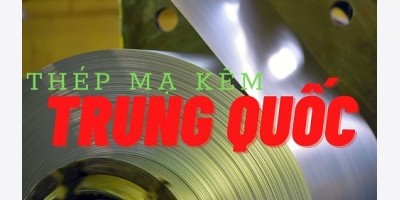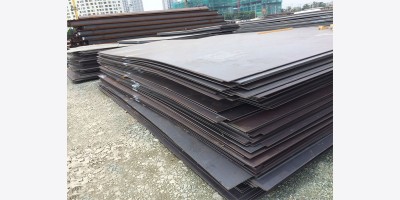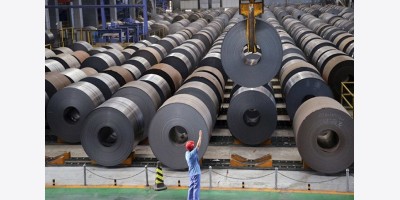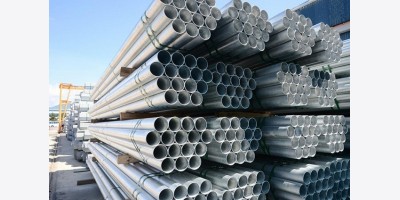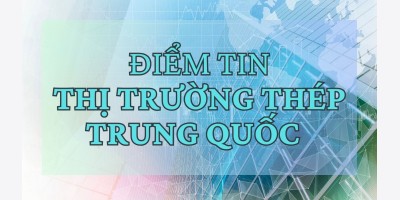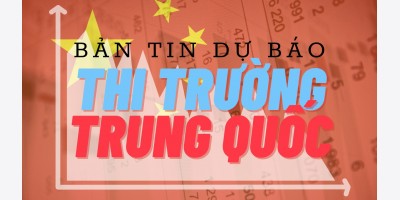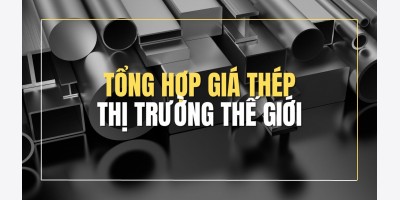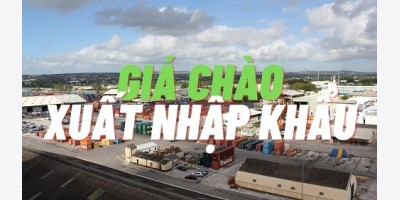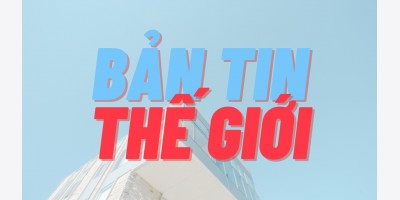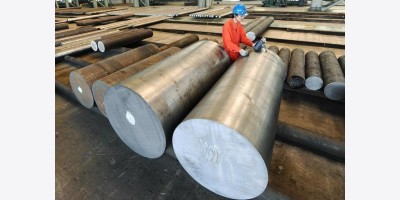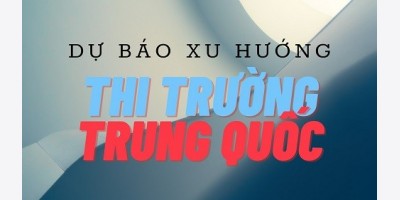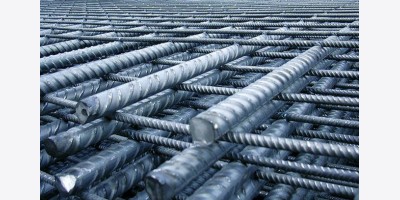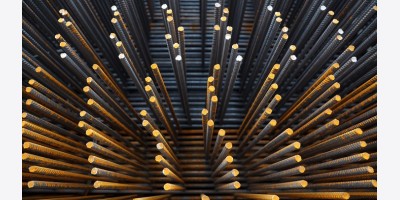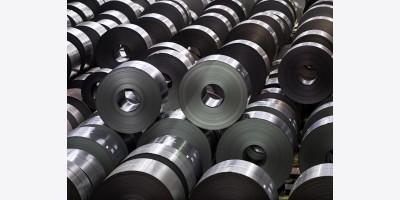| | ||
| Rio Tinto’s head of iron ore, Sam Walsh, said iron ore prices for October-December are likely to fall by at least 13% from the current quarter to around $127/tonne fob. | ||
| The billet import market in Southeast Asia is quiet this week because importers are generally adopting a wait-and-see approach. Offer prices are relatively unchanged from last week at around $590-620/tonne cfr, depending on origin. | ||
| While scrap and iron ore spot prices weakened a little last week, a number of producer list prices are rising. It would appear that, with steel demand and sentiment not as strong as many expected at the end of August (going into September), spot raw material prices declined. Consumption in China remains quite uncertain and that has impacted spot iron ore in particular. | ||
A growing number of companies expect steel demand to remain stable in the next three months, according to the latest market survey results from The Steel Index, released this week. Expectations of higher prices slipped down among US companies, but rose in Europe. | ||||||||||||||||||||||||||
| Brazil's Mato Grosso state government has announced the discovery of a 11.5bn-tonne iron ore reserve in Mirassol D'Oeste city, with average grading quality of 41% Fe. After one year of drilling work, these deposits are expected to be larger than the Carajás iron ore region, in the northern Pará state. | ||
| US market players are already anticipating mills will soon announce scrap-driven price increases for most long products later this month,Steel Business Briefing | ||
| Indian mills have hiked their base prices for flat products by about Rs 1,000/tonne ($21.4/t) for September in line with the strengthening of international prices and in view of what they see as “recovery signals” in the domestic market. | ||
| Korean producers of automotive sheet are enjoying buoyant business thanks to continued growth in the country’s automotive sector. Hyundai Hysco, affiliated with Korean auto giant Hyundai Motor Group, says its production lines are running at full capacity and squeezing additional output will be impossible. | ||
|
| ||||||||||||||||||||||||||||||||||||||||||||||||||
|
| ||
|
| ||
|
| ||
|
| |||||||||||||||||||
|
| ||
|
| ||
|
| ||
|
| ||||||||||||||||||||||||||||||||||
|
| ||
|
| ||
|
| ||
| The state government of Orissa in eastern India has ordered the closure of several iron ore and manganese mines in the state – including those of Tata Steel and state-owned Orissa Mining Corporation – on environmental grounds, | ||
| Chinese domestic hard coking coal prices are seeing a slight recovery due to increased demand from the country’s coke industry. However, the market is still a little chaotic,
| |||||||||||||||||||
|
| ||
|
| ||
| The date for Posco’s formal tabling of its October-December domestic prices may be weeks away but already rumours are circulating about the integrated mill’s new pricing strategy. | ||
| China’s fixed asset investment will slow down in the rest of this year, the State Information Center (SIC), a central government-backed think tank says in a recent report. | ||
| Italian domestic coils prices have risen by €20/tonne since the end of August driven by higher raw material costs and expectations of new buying after the summer holidays, market participants tell | ||
| Turkish flat steel producers say they cannot increase their prices despite the raw material price hikes, because of the competition from local and foreign suppliers. Some big producers visited by | ||
|
| ||
| Turkish rebar producers report that they are likely to push their offer price for exports slightly higher for next week, with the expectation that there will be bookings for the post-Ramadan period. Market sources quote $615-620/tonne fob offers are likely to come, increasing from current offers of $600-610/t fob. | ||
| German rebar and wire rod maker Badische Stahlwerke (BSW) has temporarily stopped production, and has returned to short-time working, the company’s management tells | ||
|
| ||
|
| ||
|
| ||
|
| ||
|
| ||
|
| ||
|
| ||
|
| ||
|
| ||
|
| ||
|
| ||
|
| ||
| US sheet imports likely declined in August after posting strong numbers in July. | ||
| US imports of hotrolled bar and reinforcing bar look to have risen significantly in August based on a count of import license applications. | ||
|
| ||
|
| ||
| Two stainless bar companies from India have received | ||
| North American Stainless has released October stainless coil surcharges in line with a previous announcement by AK Steel. | ||
| Mexican manganese and ferroalloy producer Minera Autlán has acquired a 49% stake in local power generator Compañia de Energia Mexicana (CEM), aiming at increasing its energy self-sufficiency, | ||
| Shipments from Brazil's ArcelorMittal Inox to the Argentinean and Uruguayan markets have been mixed so far this year, | ||
| Amid strong demand and higher prices, Brazilian iron ore exports surged again in August, | ||
| | ||
| US heavy agricultural and construction equipment manufacturer Caterpillar Inc has finally announced the location of its new plant in Brazil, which aims to capitalize on the growing Latin American market, | ||
| Egypt’s biggest steel producer Ezz Steel has not changed its hot rolled coil price for September. | ||
| Acerinox’s majority owned South African stainless steel mill, Columbus Stainless, is likely to face a strike after being issued with a strike notice this week by the National Union of Metalworkers of South Africa (NUMSA) over a wage dispute. | ||
| Gulf International Pipe Industry (GIPI), the first 24 inch diameter ERW pipe manufacturer in the Middle East/North Africa region, has been awarded the first project order to supply 5,000 tonnes of X52 sour grade ERW pipes for Daleel Petroleum, the Omani oil producing company, | ||
| The price of steel billet traded on the London Metal Exchange remains strong as buyers return to market after the summer break and in preparation for the end of Ramadan next week, | ||
| The iron ore industry must take the next “logical step” towards short-term, index-linked pricing following the breakdown of the annual benchmark system, according to John Banaszkiewicz, chairman of the Iron Ore & Steel Derivatives Association (IOSDA). |



